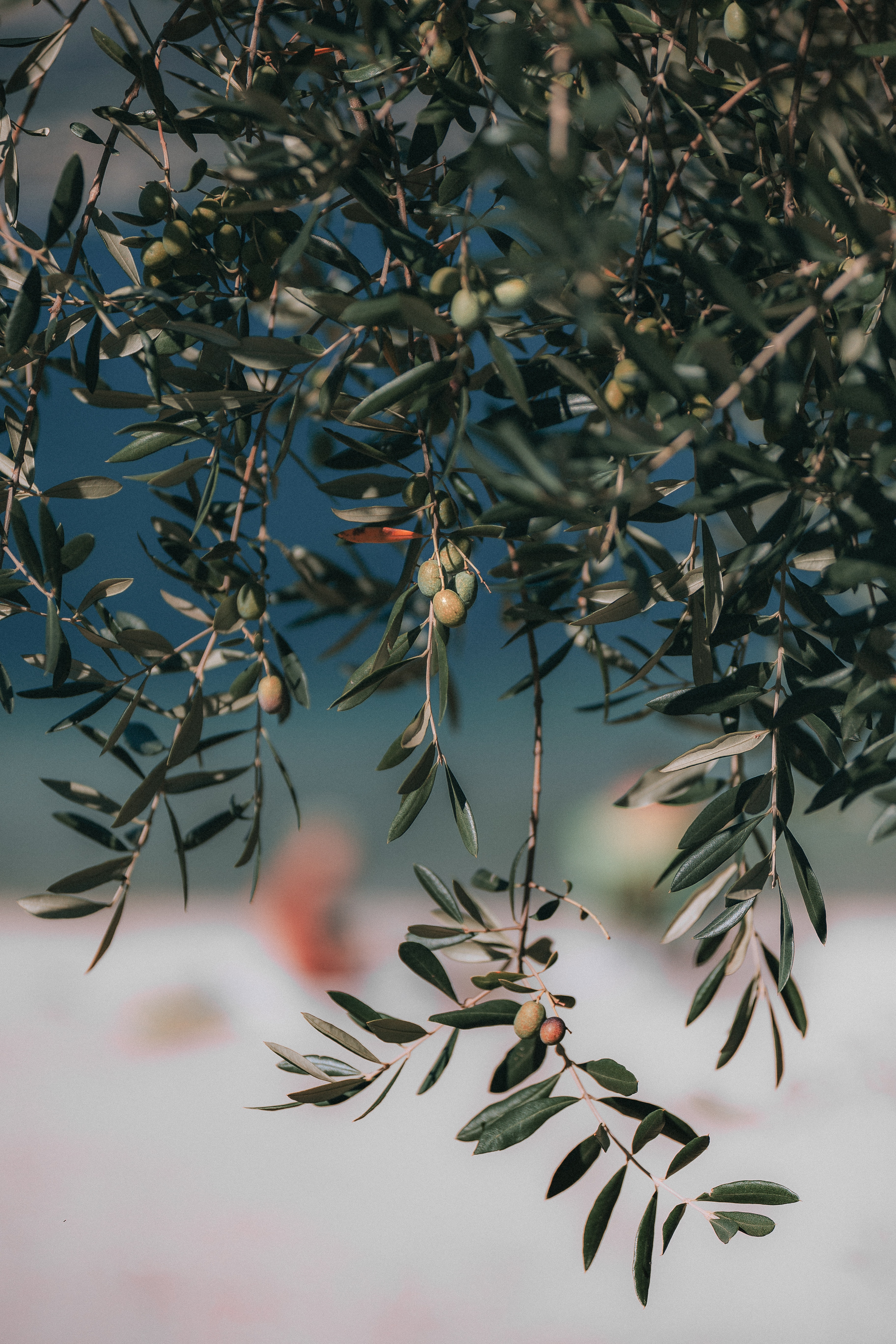How is my love for acting related to Castile soap?
When I play a character in a show, I not only get to fill their shoes, I also trace their footsteps.

Because of this, I’ve travelled through a number of character paths that have taken me around the world: I’ve stolen a Commedia dell’arte romp through the winding canals of Venice, floated through the dreamscape of Charles Dickens’s London, explored the historical and haunted flats that make up the New York City skyline, and washed a peasant’s laundry in (and I think you’ll see where I’m going here) Castile, Spain.
Castile? Wait, isn’t that a type of soap?
You guessed it!
The history of soap
Early soaps were made from combining animal fats and plant oils with salt or ash. This primitive soap was used for cleaning cooking utensils and medicinal purposes rather than for beauty and personal hygiene. As soap making became more refined it also became more expensive because it required both technique and coveted family recipes. Prices only dropped after production became more mainstream when chemicals were introduced to simplify the process.
What is Castile Soap?
Castile soap has been around for quite some time, but unlike the first soaps ever made it does not contain animal fat or ashes. However, a traditional Castile soap is also free from modern chemicals used in most mass-produced soaps.
So if it doesn’t have chemicals or animal byproduct, what exactly is it made of?
Olive oil.
And I’m sure you already guessed where those olives were grown.

Spain exports the world’s majority of olive oil and the production of olive oil in Spain can be traced back about 3,000 years. Although Castile soap got its name from a specific region in Spain, Castile soap can be made with olive oil from anywhere…which has its disadvantages.
The benefits of olive oil in Castile soap
Because Castile soap is generally defined as soap made with olive oil, many companies can get away with using small quantities of low grade olive oil while still labeling the soap as “Castile Soap” This soap will not have the same benefits as a soap composed of high quality olive oil.
Now, the advantage of using olive oil from outside of Castile is that it allows us to pick from the best. In keeping with the origins of the first Castile soaps, our organic virgin olive oil is sourced mainly from the Mediterranean region. Our true Castile soaps provide a gentle cleanse and act as a nourishing moisturizer. Our virgin olive oil is chemical free and retains its vitamin content, the reason behind olive oil’s health benefits (especially vitamin E). Vitamin E protects skin from the damage of free radicals and can help alleviate symptoms of eczema.
We choose to go organic with our virgin olive oil and many of our other products to promote the protection of the earth and water from harmful pesticides and we want our Castile soap to do the same for your skin. Our Calendula Castile Bar is the perfect soothing solution for sensitive skin (babies would highly recommend it…if they could talk). Our Lavender Castile Bar will create a calming, creamy lather…perfect for shaving! I know I’ve got the Lavender Orange Castile Bar on my wish-list and I’ve got an audition for Antigone tomorrow so I’m ready to get into character (Greece likes its olive oil too!)
Wish me Luck!
Nora

Pingback: Can You Get Rid of Sunburn Overnight Naturally? Here’s How I Do It | APPLE VALLEY NATURAL SOAP BLOG
Pingback: Can You Benefit From Vegan Natural Soap (Even if You Aren’t a Vegan)? | APPLE VALLEY NATURAL SOAP BLOG
Pingback: DIY Beautiful Summer Photo Shoot Ideas That Will Let Your Natural Beauty Shine | APPLE VALLEY NATURAL SOAP BLOG
Pingback: Ten Foods for healthy, glowing skin | APPLE VALLEY NATURAL SOAP BLOG
Pingback: FAQs About Our Soap (and soap in general) | APPLE VALLEY NATURAL SOAP BLOG
Pingback: 5 Natural Remedies For Pets | APPLE VALLEY NATURAL SOAP BLOG
Pingback: A New Way to Use Soap: a reflection and guide to peaceful, reflective thought | APPLE VALLEY NATURAL SOAP BLOG
Pingback: New All-Purpose Liquid Castile Soap! | APPLE VALLEY NATURAL SOAP BLOG
Pingback: Does our All Natural Herbal Salve Really Work? | APPLE VALLEY NATURAL SOAP BLOG
Pingback: 5 Natural Healthy Snacks For Your Dog! | APPLE VALLEY NATURAL SOAP BLOG